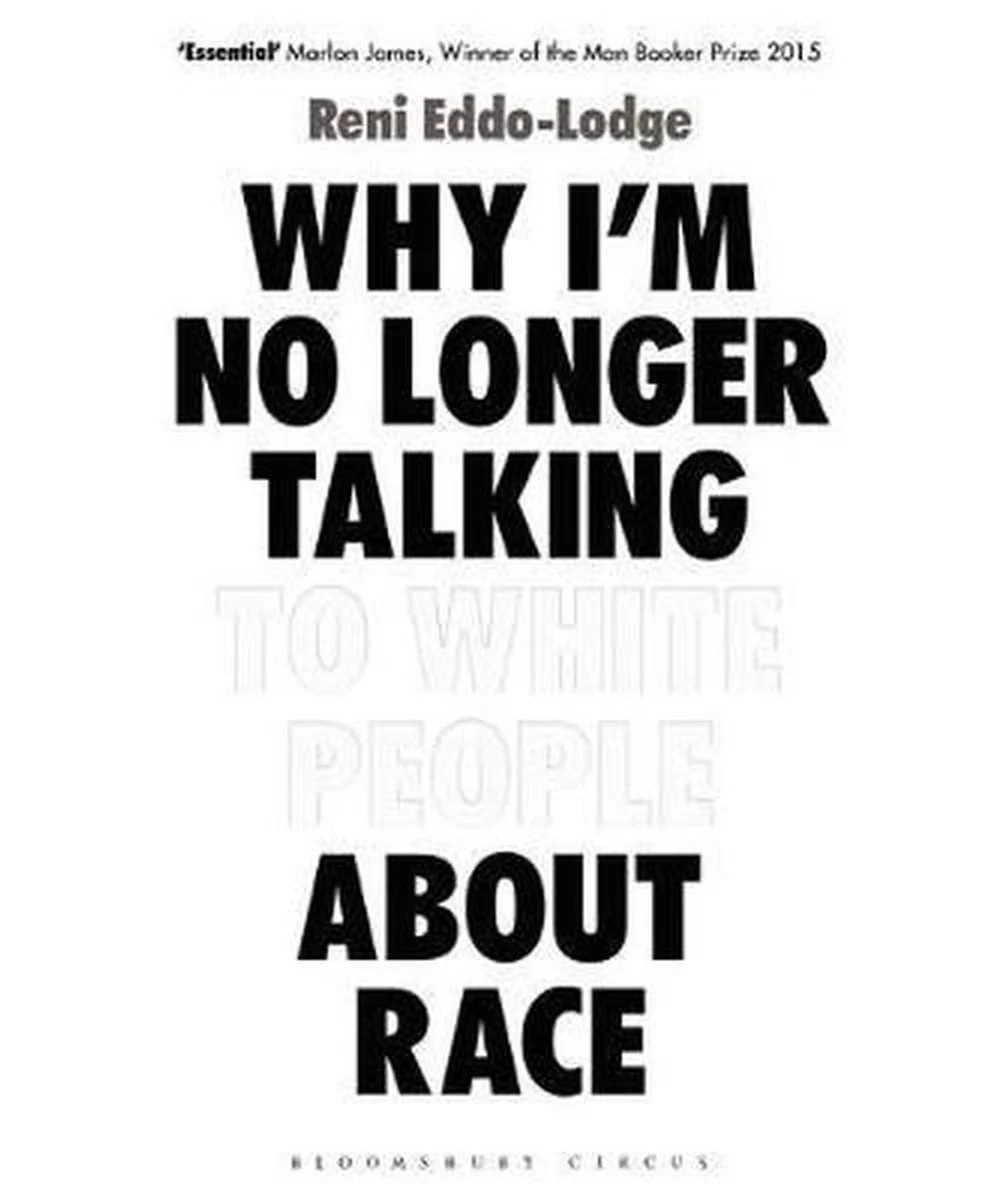Book Review: Why I’m No Longer Talking to White People About Race by Reni Eddo-Lodge
A blistering, clear-eyed confrontation with Britain’s racial amnesia
Reni Eddo-Lodge’s Why I’m No Longer Talking to White People About Race doesn’t softly start a conversation. It forcefully demands attention—and deservedly. Combining history, cultural analysis, and personal thought, the book challenges readers to face both obvious racism and the hidden systems that keep white supremacy disguised as neutrality.
The phrase “We are here because you were there” captures the core of Eddo-Lodge’s exploration of Britain’s colonial past.
She reveals how the country’s history deliberately excludes the colonial experience, not by chance, but as a willful act to avoid facing uncomfortable truths. This omission preserves a comfortable national identity at the cost of true understanding. But this is no mere history lesson. Eddo-Lodge turns a piercing gaze on the present. On performative activism, she writes: “Solidarity is empty if it’s only for show.” It’s a sobering reminder that social justice cannot be reduced to slogans, hashtags, or carefully curated allyship. True solidarity, she argues, requires sacrifice, reflection, and an active willingness to confront privilege.
Her analysis of feminism is particularly cutting. She calls out “white feminism” as a movement that too often refuses to engage with race, instead hiding behind the myth of color-blindness. “'I don't see race'” becomes, in her words, not a virtue but a form of erasure—one that renders women of color invisible within their own struggles.
Here are some quotes that linger in my mind. I find Eddo-Lodge’s incisive critique of misogyny, especially as it pertains to Black women, to be one of the most compelling threads in her work. She writes: “Bossy is ugly, and of course, the worst thing a woman could ever be is ugly. As Black women, our Blackness already situates us further along the ugliness scale. God forbid we be fat.” This insight goes beyond mere beauty standards; it speaks to dehumanization, imposed expectations, and control. By challenging these toxic norms, I see how Black women are doubly policed, both by their gender and their race. In her examination of whiteness, I am struck by Eddo-Lodge’s profound observation: “White people are so used to seeing a reflection of themselves in all representations of humanity at all times, that they only notice it when it’s taken away from them.” This statement sheds light on much of the discomfort surrounding conversations about diversity—not because inclusion threatens anyone, but because exclusion forces white individuals to confront an unfamiliar mirror.
The book also explores the intersections of immigration and class with sharp clarity. I reflect on Eddo-Lodge’s words: “Immigration blamers encourage you to point to your neighbour and convince yourself that they are the problem, rather than question where wealth is concentrated in this country.” Here, I perceive a redirection from facile scapegoating to deeper structural inequalities, reminding me that racism often operates as a smokescreen to conceal the true centers of power.
One of the most striking and unsettling realizations for me in the book is this: I recognize that among some white people, there exists a conviction that being accused of racism causes far more damage than the racism itself. I find this troubling reversal of harm deeply disturbing, as it equates feelings of discomfort with violence, while minimizing, denying, or ignoring the actual violence. In Why I’m No Longer Talking to White People About Race, I see a bold and uncompromising exploration of race in Britain that resonates far beyond its borders. The book moves beyond a simple discussion of racism to confront denial, unease, and the entrenched systems that maintain inequality beneath a veneer of civility. I appreciate how Eddo-Lodge refrains from offering simplistic solutions; instead, she urges me to engage in profound dialogue and, most importantly, commit steadfastly to tangible change. This work feels essential to me as a reader devoted to justice, equity, and truth.

